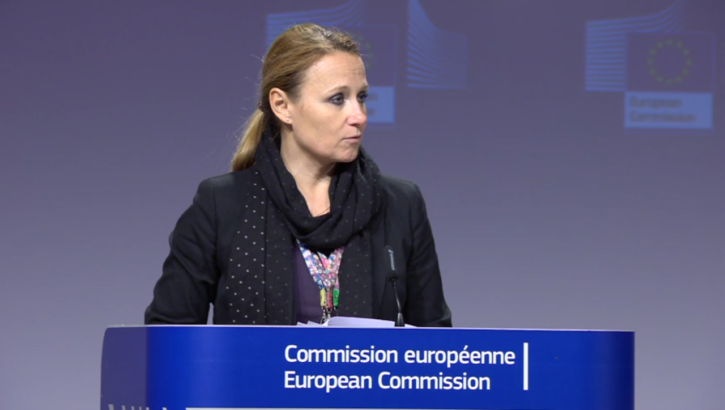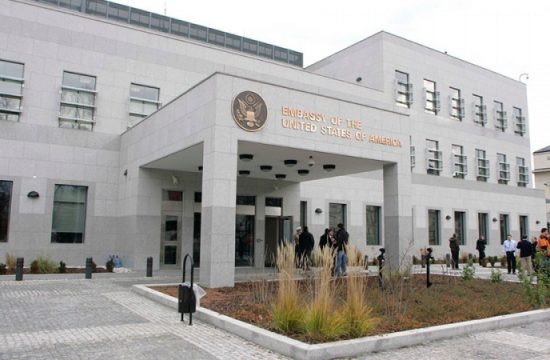
The European Commission will make no speculation concerning its opinion on Bosnia’s candidate status application as it has yet to review the answers to Commission's follow-up questions which Bosnia failed to deliver on time, the European Commission’s spokesperson Maja Kocijancic said.
“The European Commission hopes to receive the answers to the follow-up questions as soon as possible so that it could prepare its opinion on Bosnia and Herzegovina’s application for the EU candidate status,” Kocijancic said. “We couldn't review the answers yet, and therefore we don’t want to speculate on the exact date when the Commission’s would announce its opinion.”
According to Bosnia’s tripartite Presidency Chairman, Milorad Dodik, Bosnia was supposed to deliver the answers to the 655 follow-up questions to the Commission’s Questionnaire, by Friday.
The European Commission sent some 3,000 questions in their original Questionnaire to Bosnia and Herzegovina, which would help them assess all the reforms that need to be implemented before becoming an EU member state. After reviewing the answers to the first group of questions, the Commission sent a follow-up batch of 655 questions in June 2018, and these were supposed to be submitted to the Commission by October 2018, but Bosnia failed to meet this deadline.
Speaking to N1, the Euro-Parliamentarian Jozo Radus said Bosnia should not expect to get the candidate status any time soon, nor should it expect a special status during its reform implementation process. The fact that the European Council requires a consensus of all 27 EU member states when awarding the candidate status could represent a major obstacle to Bosnia’s EU ambitions.
“The Commission’s opinion and the accompanying analytical report will provide a complete reform road-map, including institutional and functional reforms, fundamental rights and public administration reforms that Bosnian authorities must implement in order to make progress in its EU integration process,” Kocijancic said. “Based on the Commission’s opinion and their conclusions, the EU member states will unanimously decide on Bosnia’s future steps.”
But obstacles to Bosnia’s EU accession do not end there. Several days ago, the international community’s High Representative who overseed the civilian implementation of the Dayton Peace Agreement, which ended the 1992-1995 war in Bosnia, Valentin Inzko and Romanian EU Minister George Ciamba asked for additional conditions to be set before the Bosnian authorities.
Ciamba asked that the EU insists on the implementation of the European Court for Human Rights’ decision in the Sejdic-Finci case and Inzko asked for an “early candidate status – late EU accession,” which would mean an additional slow-down of Bosnia’s EU accession process.
In 2009, a member of the Roma minority, Dervo Sejdic, and former Head of the local Jewish Community, Jakob Finci, sued Bosnia for its discriminatory Constitution barring them from running for Presidency since they are neither Bosniaks, Croats or Serbs. The European Court of Human Rights in Strasbourg ruled in their favour, saying Bosnia should fix its constitution so that every person has the right to be elected and to vote for any candidate.
Currently, Bosnia’s Presidency consists of three members, each coming from one of the major ethnic groups and no one coming from an ethnic minority can run for the seat in the Presidency.



